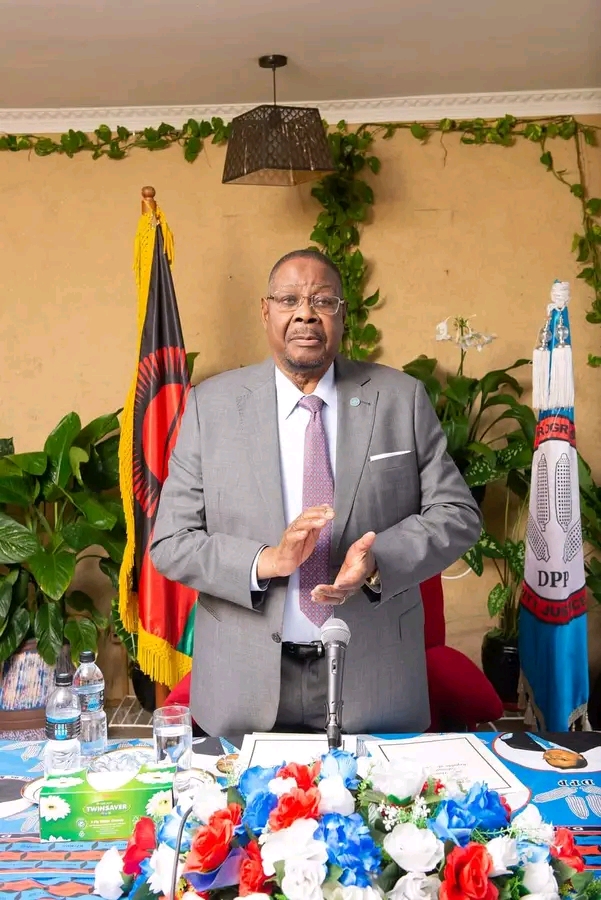Opposition leaders and citizens react to the President’s repeated use of derogatory language during Ukambani tour
By Burnett Munthali
President William Ruto has come under scrutiny for his repeated use of insulting language towards political opponents during his campaign tour in the Ukambani region.
At multiple stops, the President described his rivals as “fools” and “brainless,” questioning their intellectual capacities and competence.
This approach has been strikingly at odds with his public statements calling for an end to the politics of insults.
During his four-day tour, which began in Makueni County, President Ruto repeatedly criticized opposition figures, claiming that they lacked a coherent plan, policy agenda, and intelligence.
“At every stop, I observed how these leaders fail to offer anything meaningful to our people,” the President remarked, reinforcing his narrative that Ukambani has suffered under opposition rule.
In Kitui County, the President continued his rhetoric, asserting that some political actors have neither plans nor policies, and questioning whether they were suitable to lead.
However, Makueni Woman Representative Suzanne Kiamba publicly challenged the President’s language, urging him to respect other leaders and avoid demeaning the opposition.
Kiamba emphasized that no individual is inherently “useless” and that even those with disabilities possess value and contributions to offer society.
Despite this pushback, President Ruto persisted with his disparaging remarks, targeting individuals he accused of promoting ethnic favoritism or spreading falsehoods.
He labeled certain detractors as “fools” for suggesting that the country is run with bias or inequality, calling such claims evidence of poor political judgment.
This pattern of language is not new; earlier in February, the President referred to critics as fools while defending a nationwide livestock vaccination program.
Ironically, President Ruto has intermittently urged citizens to reject name-calling and ethnic-based politics, creating a contradiction between his stated ideals and campaign style.
Critics argue that such rhetoric undermines democratic discourse and deepens political polarization in Kenya.
As the 2027 elections approach, the debate over the ethics of political communication and the balance between robust critique and personal attacks is intensifying.
Observers note that while Presidents and politicians worldwide often criticize opponents, repeated use of derogatory language risks eroding trust and decorum in public life.
- Why the Judiciary Never Changes – and Why Malawi Is Paying the Price
- NBM plc’s Akossa Hiwa named Africa’s top 100 corporate communications leaders
- Mam, Kuwaiti charity partner for hospital, college projects
- Paul Kagame Road Renamed John Chilembwe Road In historic national honour
- Justice for sale: how Malawi’S courts protect the powerful and crush the poor




